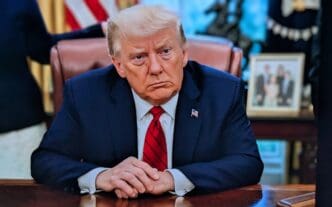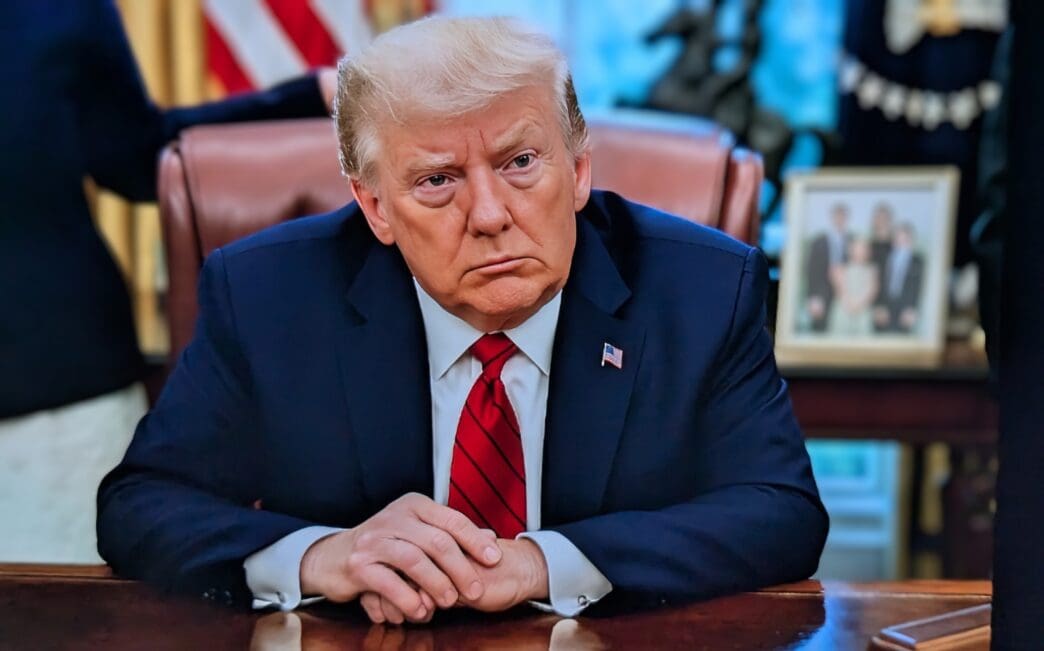Executive Summary
- President Trump confirmed authorizing covert CIA operations in Venezuela and increased US military presence in the Caribbean, citing drug trafficking and prison releases as justifications.
- Experts warn that President Trump’s actions resemble a “recipe for disaster,” drawing parallels to historical, often failed, US-backed regime change operations that led to destabilization.
- Venezuela’s strategic importance as an “oil state” with vast natural resources means US intervention, particularly with ground forces, risks regional destabilization and could rally armed groups.
The Story So Far
- President Trump’s administration is intensifying actions against Venezuela, including acknowledged covert CIA operations and a military buildup, based on allegations of Venezuelan drug trafficking and the release of prisoners into the US. These measures are occurring despite expert warnings that such interventions have historically led to destabilization and unhappy outcomes, drawing parallels to past regime change attempts and highlighting Venezuela’s strategic importance due to its vast oil and gold reserves.
Why This Matters
- The US government’s acknowledged covert CIA activities and increased military presence in the Caribbean, justified by claims of Venezuelan drug trafficking and prison releases, are raising significant concerns among experts about the potential for regional destabilization and a repeat of past failed regime change efforts. Such overt disclosures of covert activities inherently undermine their effectiveness, while the focus on drug trafficking may be a pretext for intervention in a resource-rich “oil state,” potentially inciting armed groups across the hemisphere.
Who Thinks What?
- President Trump justifies US actions, including authorized covert CIA operations and an increased military presence in the Caribbean, by citing allegations of Venezuela emptying prisons into the US and complicity in drug trafficking.
- Venezuelan opposition figures, such as Maria Corina Machado, publicly endorse US military intervention and actions regarding Venezuela.
- Experts and historians, including Tim Weiner and Juan Sebastian Gonzalez, warn that President Trump’s actions constitute a “recipe for disaster” and “regime-change preparation,” drawing parallels to historical failures of US interventions and highlighting the potential for destabilization due to Venezuela’s strategic importance and the disproportionate military buildup.
The US government, under President Trump, appears to be assembling elements for a potential regime change operation in Venezuela, marked by acknowledged covert CIA activities, increased military presence in the Caribbean, and rhetoric citing Venezuelan drug trafficking and prison releases. These actions have garnered support from Venezuelan opposition figures but also prompted strong warnings from experts about historical precedents and potential for destabilization.
US Actions and Justifications
President Trump confirmed authorizing covert CIA operations in Venezuela, stating his actions are motivated by allegations that Venezuela has “emptied their prisons into the United States of America” and is complicit in drug trafficking. This comes amid US military operations reportedly targeting drug-trafficking boats linked to Venezuela in the Caribbean.
Further developments include a US Navy buildup in the Caribbean, followed by the sudden departure of Adm. Alvin Holsey, the commander overseeing these operations. Venezuelan opposition leader Maria Corina Machado, a recent Nobel Peace Prize laureate who was barred from running for office by President Nicolás Maduro, has publicly endorsed US military intervention and dedicated her Nobel Prize to President Trump.
Expert Warnings and Historical Parallels
Tim Weiner, a Pulitzer Prize-winning author and historian of the CIA, expressed significant skepticism, describing the situation as a “recipe for disaster.” Weiner noted that President Trump’s public acknowledgment of covert operations inherently undermines their secrecy.
He also highlighted the earlier firing of intelligence professional Mike Collins, whose assessment reportedly contradicted the administration’s claims linking the Tren de Aragua gang to Maduro’s regime. This link is central to President Trump’s use of the 1789 Alien Enemies Act for expedited deportations of some Venezuelans.
Weiner drew parallels to historical CIA-backed regime change efforts, citing the enduring rule of Fidel Castro despite numerous US attempts and the violent dictatorships that followed interventions in countries like Guatemala. These examples, he argues, underscore a history of unhappy outcomes for such operations.
The Panama Precedent
Some proponents of intervention in Venezuela, including opposition leader David Smolansky, have referenced the 1989 US invasion of Panama as a potential model. The US intervened in Panama to arrest General Manuel Noriega on drug trafficking charges and to protect American expatriates.
However, the context for Panama differed significantly; Noriega had previously been on the CIA’s payroll, and the invasion resulted in hundreds of civilian casualties. Furthermore, the US maintained a large military base in Panama at the time due to its strategic interest in the Panama Canal, a presence it lacks in Venezuela.
Venezuela’s Strategic Importance
Juan Sebastian Gonzalez, who served as the Western Hemisphere senior director on the National Security Council during the Biden administration, emphasized Venezuela’s vast natural resource wealth. He stated that the country’s extensive oil and gold reserves mean it has never needed to develop a significant native drug-producing industry.
Gonzalez suggested that Venezuela’s strategic importance lies more in its status as an “oil state” rather than primarily a “narcotics state.” He warned that any US intervention, particularly with ground forces, could serve as a rallying cry for armed groups across the hemisphere and potentially destabilize the region.
Escalation and Openness
Gonzalez characterized the current naval buildup in the Caribbean as “disproportionate to any drug operation,” suggesting it “looks, walks and talks like a regime-change preparation.” President Trump, when asked directly if the CIA had authority to remove Maduro, replied, “Wouldn’t it be a ridiculous question for me to answer?”
Harvard Law School professor Jack Goldsmith commented on President Trump’s public disclosure of covert actions, noting that he often acts “openly and without shame or concern” when “breaking law or norms.” Goldsmith suggested this approach is an effective method for “defanging the public impact of law and norms” in the short term.








